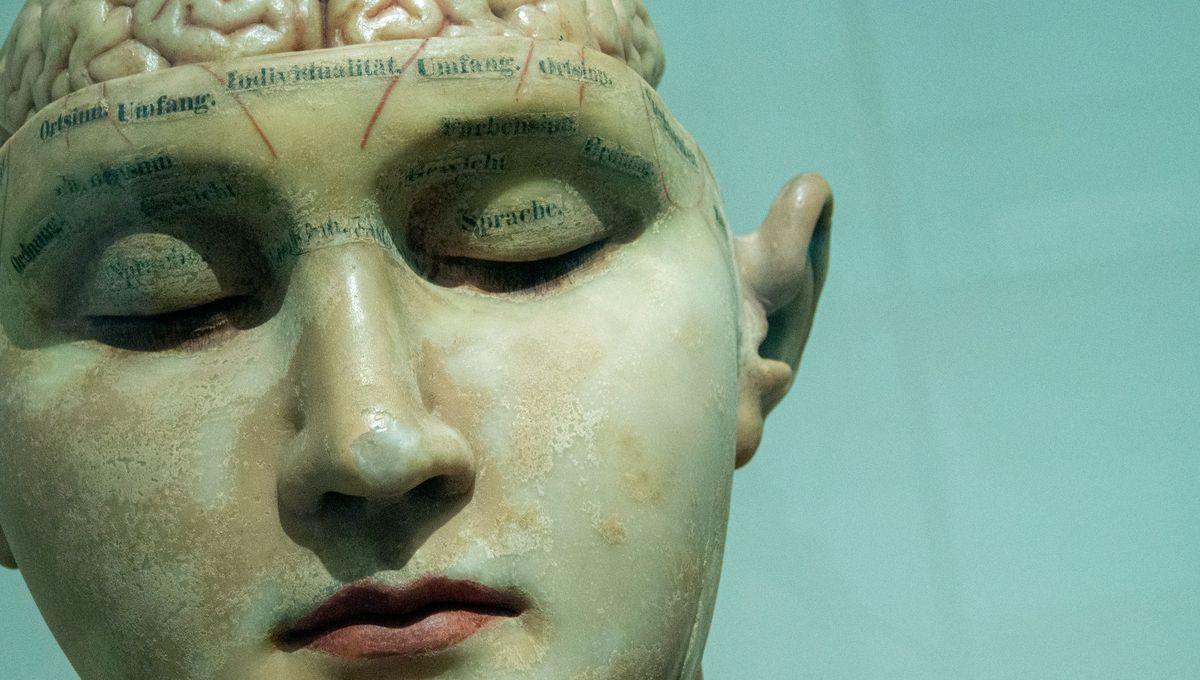-
Новости
- ИССЛЕДОВАТЬ
-
Страницы
-
Статьи пользователей
-
Форумы
This Small Tweak To Brain Chemistry May Have Given Homo Sapiens A Competitive Edge

This Small Tweak To Brain Chemistry May Have Given Homo Sapiens The Competitive Edge
A tiny tweak in our brain chemistry may have been the secret weapon that gave Homo sapiens the edge over Neanderthals and Denisovans, a new study hints.
The heart of this idea lies in an enzyme called adenylosuccinate lyase, or ADSL, which is involved in the synthesis of purine, a fundamental building block of DNA, RNA, and other important biomolecules. The enzyme is made up of a chain of 484 amino acids. The only difference between the modern version of ADSL that’s present in today’s Homo sapiens and the ancestral version found in extinct hominins, like Neanderthals and Denisovans, is a single amino acid in this chain. For the extra nerdy among you, it occurs at position 429, where the alanine in the ancestral form has been switched with a valine in the modern form. This tiny substitution in the modern variant makes the enzyme slightly less stable, but until recently, researchers weren't sure if it actually made a difference in how it worked. To find out more, scientists from the Okinawa Institute of Science and Technology in Japan and the Max Planck Institute for Evolutionary Anthropology in Germany ran a series of experiments involving the gene that codes for ADSL. In genetically altered mice, they found that those with the modern version of the enzyme had a buildup of certain molecules – especially in the brain – because the reduced ADSL activity meant that they weren't being broken down as effectively. Since scientists know that people with severe ADSL deficiencies can suffer from cognitive issues, the researchers wanted to see if this change might also affect behavior. They set up an experiment where mice had to respond to a sound or visual cue to get water. Interestingly, female mice with the modern version were quicker and more successful at getting the water when they were thirsty, suggesting that this small change might help improve decision-making or competitiveness when resources are scarce. “Our results open up many questions. For example, it’s unclear why only female mice seemed to gain a competitive advantage. Behavior is complex. Accessing water proficiently involves processing sensory information, learning which actions lead to rewards, navigating social interactions, motor planning, and many other processes. Each of these may involve multiple brain regions. As such, more studies are needed to understand the role of ADSL in behavior,” Professor Izumi Fukunaga, study author from the Sensory and Behavioral Neuroscience Unit at the Okinawa Institute of Science and Technology (OIST), said in a statement. Researchers dug deeper into the genomes of humans and discovered that nearly all modern Homo sapiens carry a set of genetic changes in a part of the ADSL gene that doesn’t directly code for proteins. These changes appear to have been favored during human evolution. Importantly, instead of increasing the activity of the ADSL enzyme to make up for an earlier mutation, the changes actually lower its activity even further, especially in the brain. “This enzyme underwent two separate rounds of selection that reduced its activity – first through a change to the protein’s stability and second by lowering its expression. Evidently, there’s an evolutionary pressure to lower the activity of the enzyme enough to provide the effects that we saw in mice, while keeping it active enough to avoid ADSL deficiency disorder,” explained co-author Dr Shin-Yu Lee of the same research unit at OIST. Since genetic evidence shows that Neanderthals and Denisovans have the ancestral version of ADSL, it indicates the altered version must have emerged in our species after we split from our shared lineage with other hominins, but before modern humans migrated out of Africa. This prompted researchers to ponder whether this small change in brain chemistry might have given Homo sapiens some kind of a competitive advantage over ancient hominin species. “It’s too early to translate these findings directly to humans, as the neural circuits of mice are vastly different. But the substitution might have given us some evolutionary advantage in particular tasks relative to ancestral humans,” said Dr Xiang-Chun Ju, first study author from the Human Evolutionary Genomics Unit at OIST. “There are a small number of enzymes that were affected by evolutionary changes in the ancestors of modern humans. ADSL is one of them. We are beginning to understand the effects of some of these changes, and thus to puzzle together how our metabolism has changed over the past half million years of our evolution. A next step will be to study what effects combinations of these changes may have,” concluded Professor Svante Pääbo, leader of the Human Evolutionary Genomics Unit at Max Planck Institute for Evolutionary Anthropology. The study is published in the journal Proceedings of the National Academy of Sciences.


